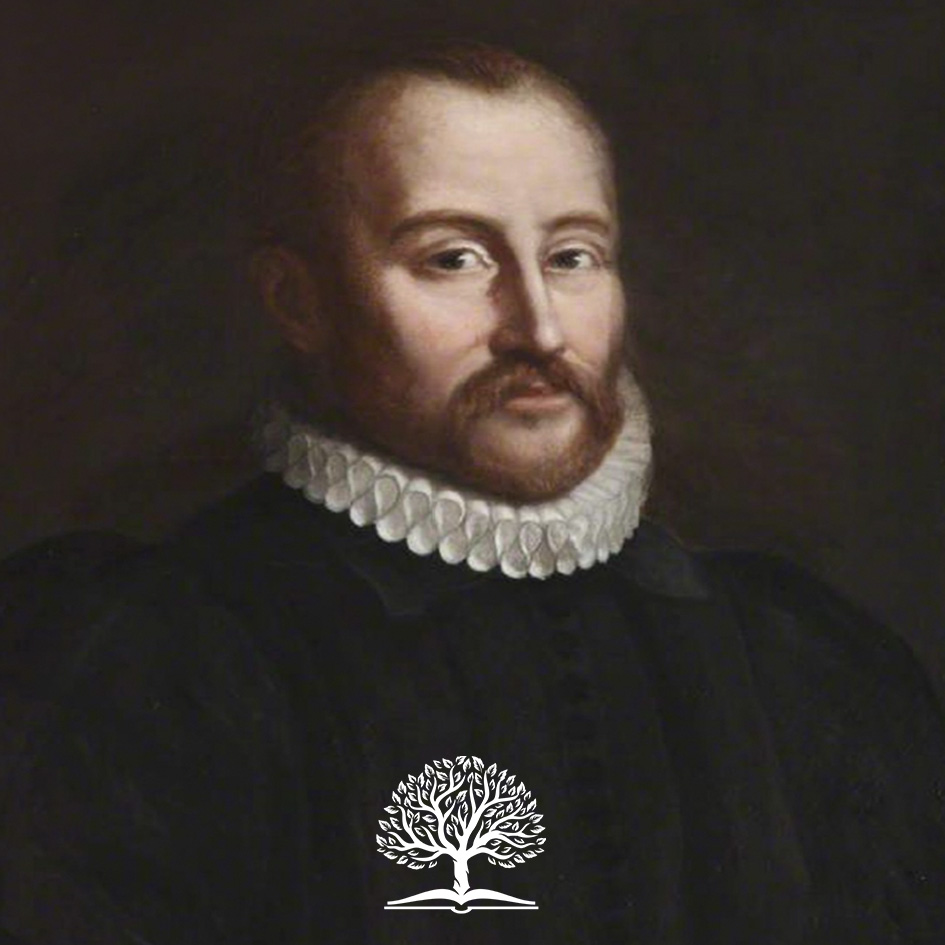
William Perkins’s impact on the Elizabethan Church and subsequent generations of Puritans and Reformed divines is incalculable. Through his ministry and later writings he directly or indirectly influenced some of the most notable divines in the history of the Puritan movement—including William Ames, Richard Sibbes, John Preston, John Cotton, and Thomas Goodwin. There are a number of lessons we can learn from Perkins today…1These reasons are adapted from Joel R. Beeke and Andrew Ballitch, “What William Perkins Teaches Us Today,” The Beauty and Glory of the Reformation, ed. Joel R. Beeke (Grand Rapids: Reformation Heritage Books, 2018), 125–51.
First, while Perkins was a prolific author, he was first and foremost a pastor, preacher, and devoted follower of Christ. He was no armchair theologian, but a divine whose acute doctrinal precisian, Christological predestinarianism, and warm practical experiential piety was forged in the fires of life and pastoral ministry. His pioneering of Puritan casuistry and fleshing out of the fine distinctions between objective and subjective assurance, weak and strong faith, and absolute and conditional aspects of God’s covenant with his elect are resounding indications that his experience gave him deep insight into the recesses of the human heart. Moreover, he was a profoundly Christ-centered preacher and minister, who understood that the fountainhead of all true divinity and holiness is union and communion with Jesus Christ Himself, only by virtue of His finished work on the cross. He reminds us if we desire to know God deeply, we too must seek an experiential knowledge of both the Scriptures and Christ Himself.
Second, while at times an ardent polemicist, particularly against Roman Catholicism, Perkins was an irenic divine who loved the English Church and committed his life to reforming it. There is some debate over Perkins’s relationship to Puritanism and therefore by definition his posture toward the Church of England. On the one hand, the content of his teaching and writing is clearly Puritan-minded throughout. On the other hand, he remained strongly devoted to the Church of England, living peaceably in it to the extent his conscience would allow—as did many of the Puritans. In fact, most of them remained in the national church until ejected from it. Perkins was valiant for truth when it came to doctrine and holiness, but seems to have lived peaceably within the Church of England. There is little evidence to suggest that he was chafing under the external requirements of the Book of Common Prayer. There is much to learn from Perkins’s clear view of what was of primary importance and what was secondary. When souls hung in the balance, Perkins was quick to refute error and at times did so vehemently. In balancing unity and controversy, Perkins teaches us two important lessons today: first, we ought never to abandon the visible church lightly or easily. Second, wherever we choose to draw the line on various doctrines and issues, there should be a clear line between essential and nonessential matters, between those things worth fighting for and those that ought to be tolerated and lived with. Perkins is a notable example of striving to find such a line in Scripture and acting accordingly.
Third, we have a model in Perkins for how to press on through the trials and temptations experienced in life and ministry. He lost three of his seven children and never met his seventh, as his wife was pregnant when he passed away. He suffered from kidney stones throughout his entire adult life, the last bout claiming his life after several excruciating weeks. As Perkins lay dying, a friend prayed for relief from suffering. Perkins embraced the brevity of life by crying out, “Hold, hold! Do not pray so; but pray the Lord to give me faith and patience, and then let him lay on me what He pleases.”2Benjamin Brook, The Lives of the Puritans (London: James Black, 1813; reprint ed., 3 vols, Pittsburgh: Soli Deo Gloria, 1994), 2:133. The great man died in faith, supplicating the Lord for mercy and forgiveness. Despite a life marked by suffering and what we would call an untimely death, he proved incredibly productive as he embraced the possibilities of life by remaining engaged in ministry until the end.
While Perkins was profoundly gifted, the story of “drunken Perkins’s” conversion and ministry is a testimony to the reality that his prominence— like all the heroes of the Reformed faith—was due not to his own personal aptitude or abilities, but to the almighty God of amazing grace whom he served. The reprinting of Perkins’s works itself teaches us the important lesson that we never know how God will use our diligent exercise of the gifts He has entrusted to us for use in His kingdom. Pray with us that a great harvest will be reaped from the reprinting of William Perkins’s complete works in the twenty-first century all around this needy globe through the maturation of the saints, the salvation of the lost, the building up of Christ’s church, and the glory of God Triune.
Excerpt from
William Perkins, Architect of Puritanism
By Joel R. Beeke and Greg Salazar








